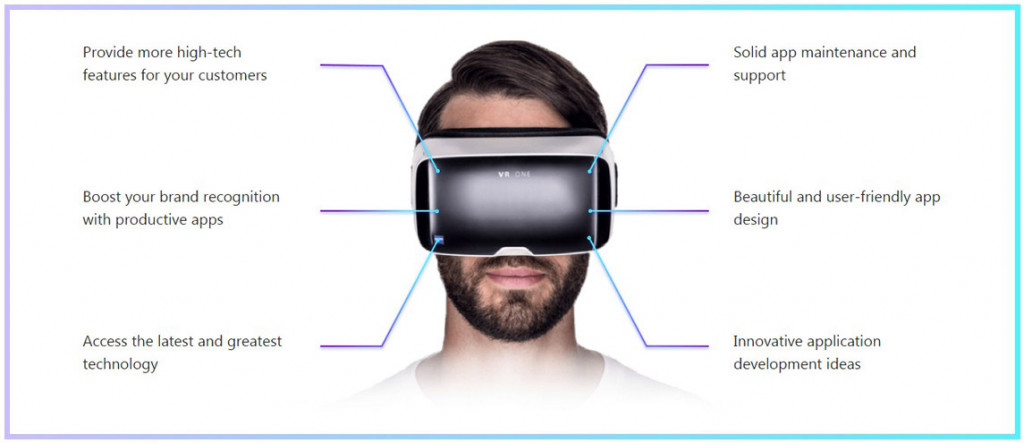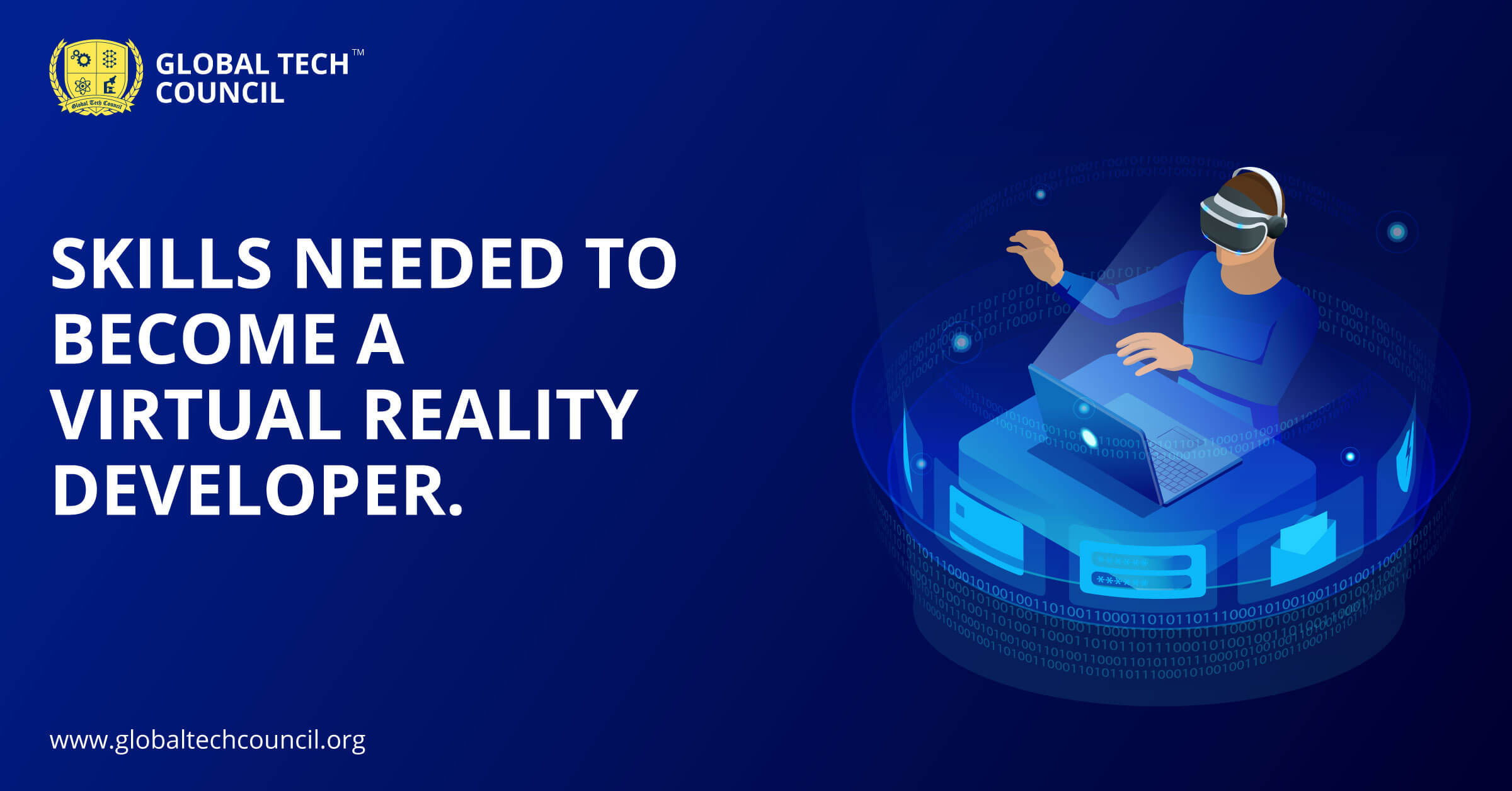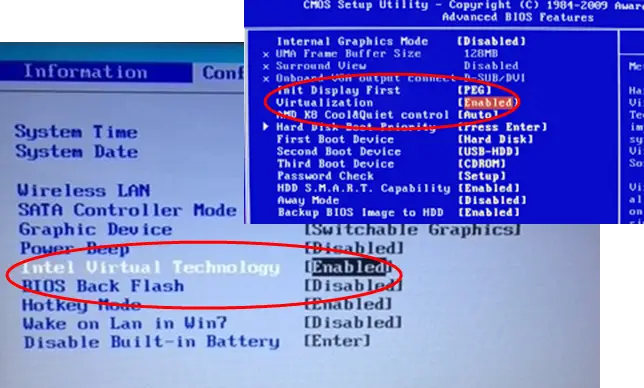Virtual reality (VR) is a rapidly growing industry that is transforming the way we interact with technology. As this technology becomes more widespread and accessible, the demand for skilled professionals who are knowledgeable about VR is increasing. In this digital age, it is no longer enough to simply have a general understanding of technology; one must possess specific skills and traits to succeed in the field of virtual reality.
To excel in the field of virtual reality, one must have a solid foundation in computer science and programming. A VR professional must be able to design and create immersive environments that are both engaging and functional. Strong problem-solving skills are also essential, as VR projects often require troubleshooting and debugging that may not be encountered in traditional software development. Additionally, a successful VR professional must have a passion for technology and a desire to stay up-to-date on the latest advancements in the field. This combination of technical knowledge and passion is what sets great VR professionals apart from the rest.

What Skills/Traits Are Required From Someone in Virtual Reality?
Virtual reality (VR) is a technology that has been around for a few decades and is now becoming increasingly popular. It is used in many different industries and can provide an immersive and realistic experience for those who participate in it. As such, it is important to understand what skills and traits are required from someone in virtual reality.
Technical Skills
For someone to be successful in virtual reality, they will need to have a certain level of technical knowledge. This includes understanding how to set up and use the equipment, as well as having a good understanding of the software used. They will also need to be able to troubleshoot any technical issues that may arise. In addition, they should have a good understanding of the different types of virtual reality and the capabilities of each one.
For those who are developing virtual reality experiences, a deep understanding of coding and programming languages is essential. This will allow them to create immersive experiences that can be enjoyed by users. They should also be familiar with the different platforms available, such as Oculus Rift, HTC Vive, and PlayStation VR.
Creative Thinking
Success in virtual reality also depends on the person’s ability to think creatively. This involves having an eye for detail and being able to come up with creative solutions to problems. They should also be able to think outside the box and come up with interesting and innovative ideas. Those who are creating experiences should be able to visualize the experience in their head and then make it a reality.
Creative problem-solving skills are also important. This includes being able to identify potential issues and then come up with solutions to them. In addition, they should have an understanding of the user experience and be able to create experiences that are enjoyable and engaging.
Organizational Skills
Organizational skills are also necessary for someone who is working in virtual reality. This includes being able to manage multiple tasks and prioritize them. They should also be able to stay organized and keep track of all the different aspects of the project. This includes keeping track of the different assets, such as 3D models and textures, as well as the different coding and scripting elements.
It is also important to be able to work well with others. This includes being able to collaborate with other developers and designers, as well as being able to communicate effectively with clients and stakeholders. This will allow them to ensure that the project is completed on time and within budget.
Communication Skills
Communication skills are also essential for someone working in virtual reality. This includes being able to explain complex concepts to those who may not be familiar with them. They should also be able to communicate effectively with their team, as well as with clients and stakeholders.
Having good interpersonal skills is also important. This includes being able to work well with others and to listen to their feedback. Being able to take criticism constructively is also important, as it can help the team to improve their work.
Frequently Asked Questions
Virtual Reality (VR) is an immersive experience in which users can interact with 3D environments and objects. It has become increasingly popular with the rise of technology, and is used in many industries for various applications.
What skills/traits are required from someone in virtual reality?
In order to be successful in virtual reality, there are certain skills and traits that are required. These include technical proficiency, creativity, problem-solving skills, and the ability to think outside of the box. Technical proficiency is necessary in order to understand the technology and be able to troubleshoot any issues that may arise. Creativity is also important in order to come up with innovative solutions and ways to utilize the technology. Problem-solving skills are important in order to be able to quickly identify and solve any issues that may arise. Lastly, the ability to think outside of the box is necessary in order to come up with unique ideas and solutions that may not have been thought of before.
In addition to the technical and creative aspects of virtual reality, interpersonal skills are also important. The ability to communicate effectively and work collaboratively with team members is essential for success in any virtual reality project. It is also important to have the ability to remain organized and understand the importance of deadlines. These interpersonal skills will help ensure that the project is completed on time and to the highest standards.

TOP 5 MetaVerse Development Skills #shorts
In conclusion, the virtual reality industry is a rapidly growing field that requires individuals with a unique set of skills and traits to succeed. As this technology continues to evolve, those who possess a strong technical background, creativity, adaptability, and strong communication skills will be in high demand. Virtual reality is not only changing the way we interact with technology but is also changing the way we learn, work, and play. As such, those who are willing to embrace the challenges and opportunities that come with this technology will undoubtedly excel in this field.
In summary, virtual reality is a fascinating and exciting industry that requires a diverse range of skills and traits. As this technology continues to evolve, those who possess a passion for innovation, the ability to adapt to change, and a willingness to collaborate with others will undoubtedly excel in this field. Whether you are a developer, designer, or content creator, the virtual reality industry offers endless possibilities for those who are willing to take on the challenge. With the right skills and traits, anyone can pursue a career in virtual reality and become a part of this exciting and rapidly growing industry.




It’s very effortless to find out any topic on web as compared to textbooks, as I found this article at this web page.
You should be a part of a contest for one of the most useful sites online.
I’m going to highly recommend this blog!
Thanks for your contribution team.
Appreciate the recommendation. Let me try it out.
Hmm it looks like your website ate my first comment (it
was extremely long) so I guess I’ll just sum it up what I submitted and say,
I’m thoroughly enjoying your blog. I as well am an aspiring blog writer but I’m still
new to everything. Do you have any suggestions for beginner
blog writers? I’d really appreciate it.
Thank you for visiting my blog. I have also happy to help.
As a beginner blog writer, You need to keep these few tips in mind:
1. Identify your niche: Determine what topic or subject you want to write about. An area that interest you the most and find a specific niche within that topic that you can focus on.
2. Define your target audience: Think about who you are writing for, and create content that will resonate with them. Understanding your audience will help you tailor your writing style and language to their preferences.
3. Keep it simple: Write in a simple and easy-to-understand language that your target audience can comprehend. Avoid using jargon or technical terms that may confuse or alienate your readers.
4. Write regularly: Consistency is key when it comes to blogging. Try to set a schedule and publish content on a regular basis. This will help you build a loyal readership and improve your writing skills over time.
5. Promote your blog (Optional): Don’t just rely on your content to bring readers to your blog. Share your posts on social media platforms, participate in online communities, and engage with your readers to promote your blog and increase your visibility.
6. Learn from others (Find a mentor): Read other blogs (Like you are doing right now and learn from successful bloggers in your niche. This will help you stay up-to-date with industry trends and best practices, and it will also give you ideas for your own blog.
I hopes these few tips helps and encourages you. Everything is possible. Follow your dream.
Dr. Mercy. I. Nwankwo